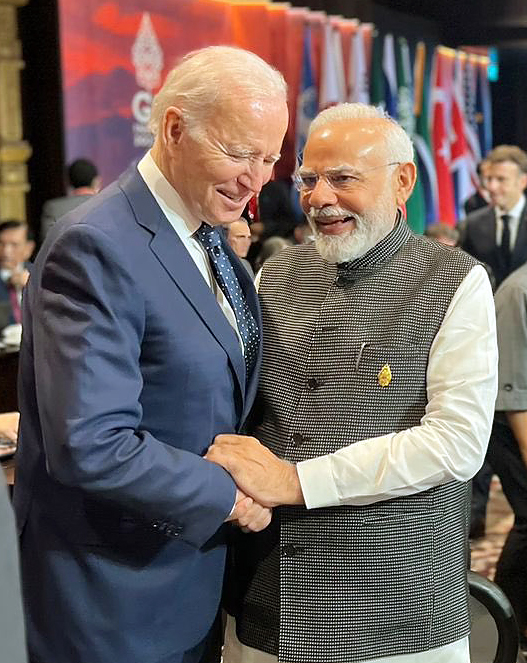China has a three-tier, colour-coded warning system for high temperatures, with red representing the most severe warning, followed by orange and yellow…reports Asian Lite News
China’s National Meteorological Centre has issued this year’s first orange alert — the second-highest — for high temperatures, as a scorching heat wave ha hits multiple regions of the country.
During daylight hours on Friday, temperatures in areas including north China and regions along the Yellow and Huaihe rivers are expected to remain over 35 degrees Celsius, Xinhua news agency quoted the Centre as saying.
According to the forecast, temperatures in some areas of Beijing, Tianjin, Hebei and Shandong could soar to around 40 degrees Celsius.
From 8 a.m. to 4 p.m. Thursday, temperatures in parts of Beijing, Tianjin, Hebei and Shandong increased rapidly, with the highest over 40 degrees Celsius.
A total of 17 national meteorological observatories located in these four provincial-level regions reported record-high temperatures.
The temperature at a meteorological station in southern Beijing soared to 41.1 degrees Celsius at 3.19 p.m. Thursday — the second-highest reading since reliable records began, according to the Beijing Meteorological Service.
The highest temperature ever recorded at the Nanjiao station was 41.9 degrees Celsius on July 24, 1999.
China has a three-tier, colour-coded warning system for high temperatures, with red representing the most severe warning, followed by orange and yellow.
Beijing issued an orange alert for high temperatures at 9 a.m. Thursday, and forecast that the heat wave will scorch vast regions of the capital city until Saturday.
On Thursday afternoon, Hebei upgraded emergency responses to high temperatures, issuing a red alert as temperatures in the cities of Langfang, Cangzhou and Hengshui, as well as parts of the cities of Baoding, Shijiazhuang and Xingtai, were expected to reach 40 to 42 degrees Celsius on Friday.
In the next 10 days, places including the Beijing-Tianjin-Hebei region, Henan, Shandong and Inner Mongolia will face medium-level risks of high temperatures, the demand for electricity and energy will surge, and outdoor activities may lead to heat stroke, said Zhang Fanghua, chief forecaster of the National Meteorological Centre.
Efforts should be made in preventing heat stroke and ensuring energy supply, Zhang said, suggesting people take health protection measures when taking part in outdoor activities or working in the field.













